2024 RIBA Gold Medal recipient Lesley Lokko: ‘To be valued, understood and seen by your peers is rare’
Lesley Lokko receives the 2024 RIBA Gold Medal in a dedicated celebration in London, and talks to us about taking stock after a busy few years, and planning for the future
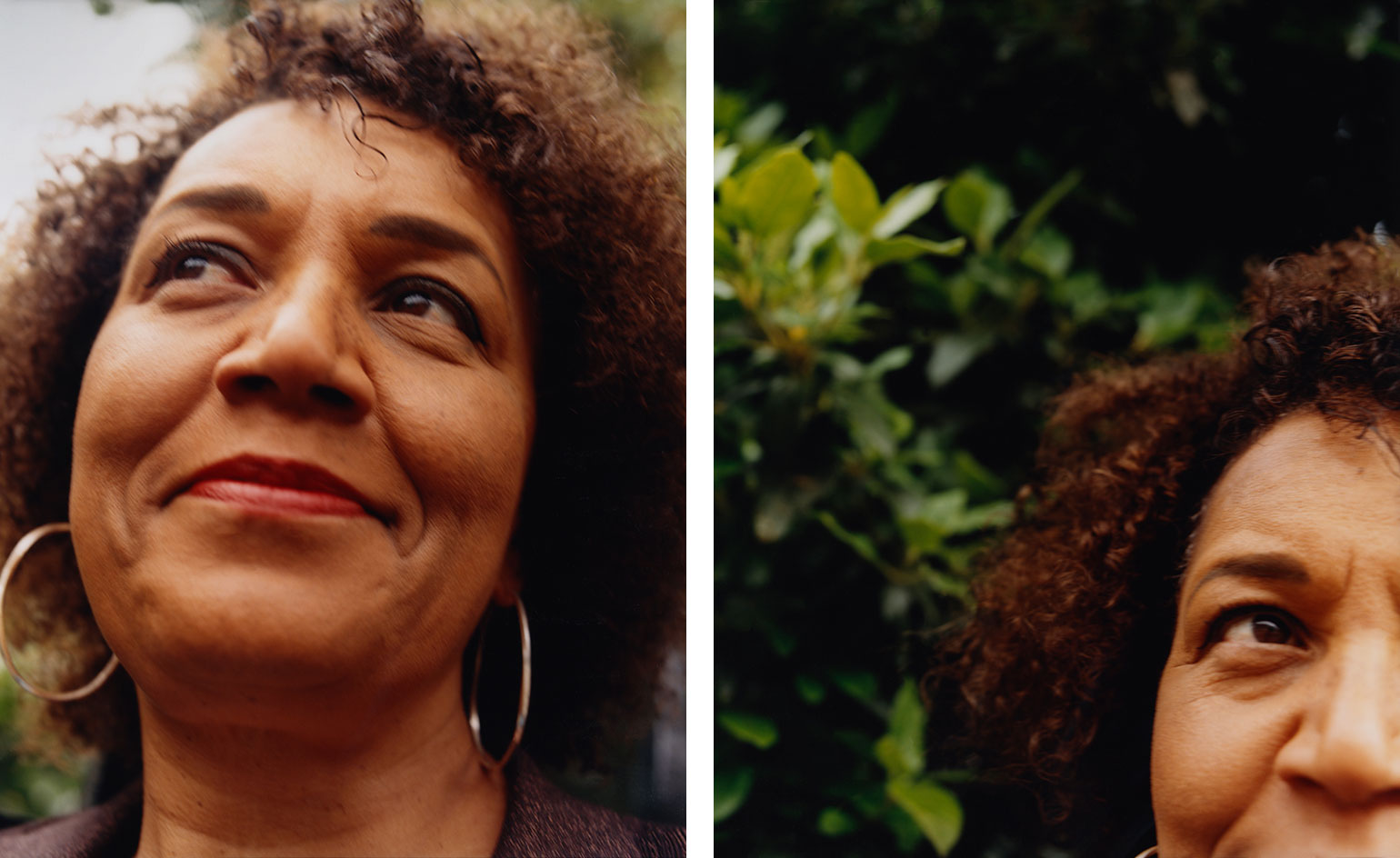
For 2024 RIBA Gold Medal recipient Lesley Lokko, 2023 was an amazing year. The Ghanaian-Scottish architect, educator, author and curator delivered the 2023 Venice Architecture Biennale to great acclaim (including her main show, themed Laboratory of the Future); she worked on launching from scratch the Africa Futures Institute (AFI), a pioneering architecture research institute and school; and continued with her fiction writing, with a new book coming out soon.
Her pursuits were not only fruitful and critically acclaimed feats in their own right. They also put her in the spotlight for 'democratising architecture'. As announced earlier in January 2024, she has been hailed by the 2024 RIBA Honours Committee as a 'clarion call for equitable representation in policies, planning, and design that shape our spaces'.
'Lesley Lokko is a true agent of change who has successfully shifted the dial and pioneered a more equitable approach to architectural education, dialogue and discourse. By acknowledging and encouraging diversity of thought and embracing a broad range of cultures and perspectives, she has shown us how architecture can reach its full potential,' said RIBA President, Muyiwa Oki. 'Through her work as an educator, author, and curator, she offers us hope for the future of architecture – a profession and practice that welcomes and delivers for people from all walks of life.'

2024 Royal Gold Medal for Architecture: a celebration
Last night, at a celebration at the Royal Institute of British Architects (RIBA) London headquarters, Professor Lesley Lokko OBE formally received the 2024 Royal Gold Medal for Architecture. The event was accompanied by the launch of an exhibition on Lokko's work and global contributions to architecture, which sits alongside the institution's latest exhibition, 'Raising the Roof,' which critically explores the RIBA HQ building through themes such as gender, race and imperialism.
We caught up with Lokko, to find out what this award means to her, what her plans for the future are, and more.
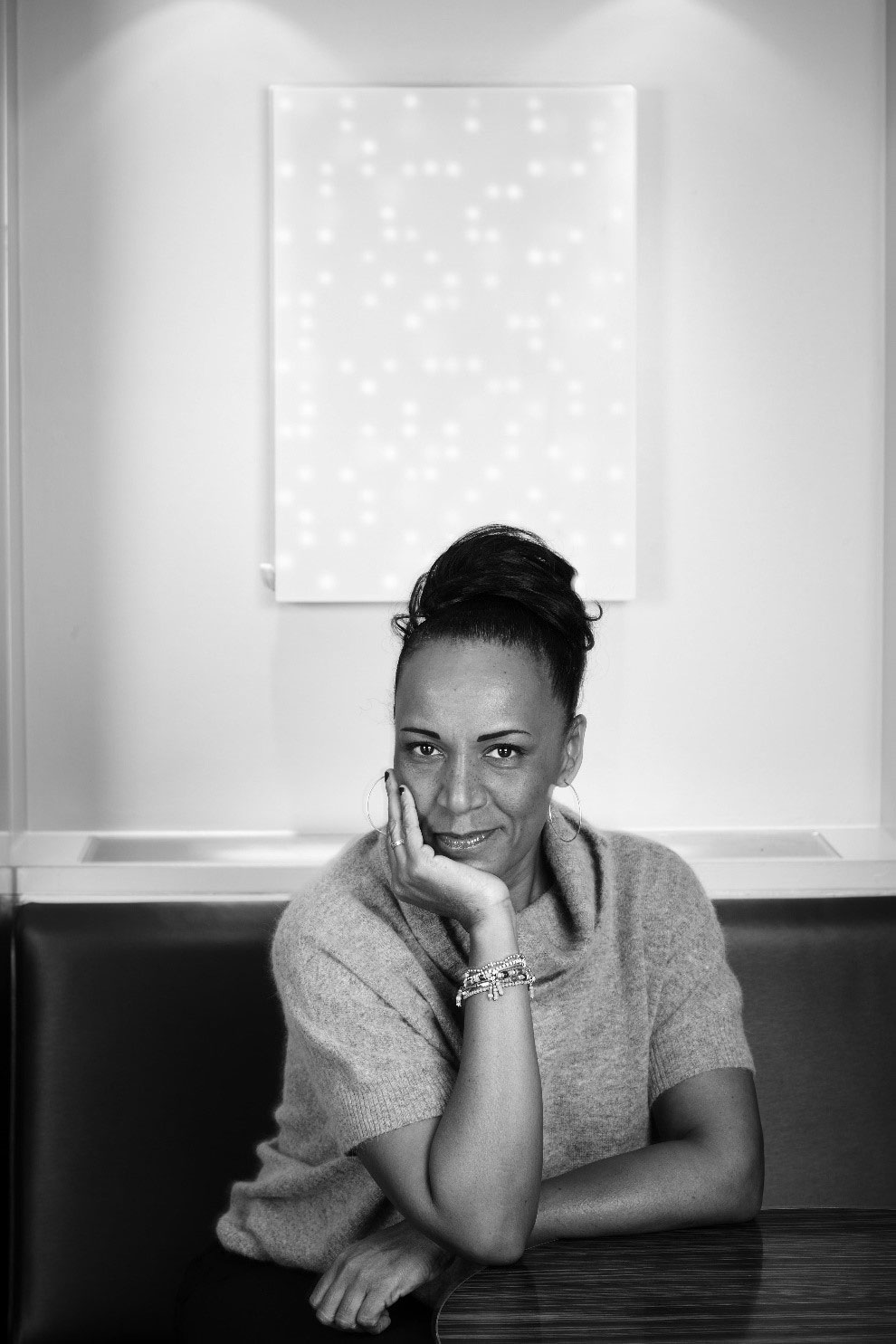
Lesley Lokko on her 2024 RIBA Gold Medal
W*: Congratulations! What does the RIBA Gold Medal mean to you?
LL: This may seem like a simple question, but actually, I think for most people it's quite complex. On the one hand, there's an incredible sense of gratitude, a feeling of having been seen in a very particular way, which is both personal and professional. To me, particularly so, because my subject matter has never really been considered central to architecture. Something like this is an enormous validation of its centrality. It's also a very deep, cultural recognition.
Wallpaper* Newsletter
Receive our daily digest of inspiration, escapism and design stories from around the world direct to your inbox.
W: What is the role of awards in the architecture field?
LL: You know, somebody asked me this question about 15 years ago in South Africa, which doesn't have quite as many awards [as there are in the Global North]. The absence of awards is also tied to the absence of a kind of critical culture and critical discussion around architecture. There, and probably it's the same in most places in Africa, the architectural profession is very small. So, in a sense, you never really get the opportunity to understand how your work is viewed. Having lived and worked in places where there is no awards culture, on balance, I would have to say they are a good thing. Peer recognition is very different from any other kind of recognition. To be valued, understood and seen by your peers is quite rare.
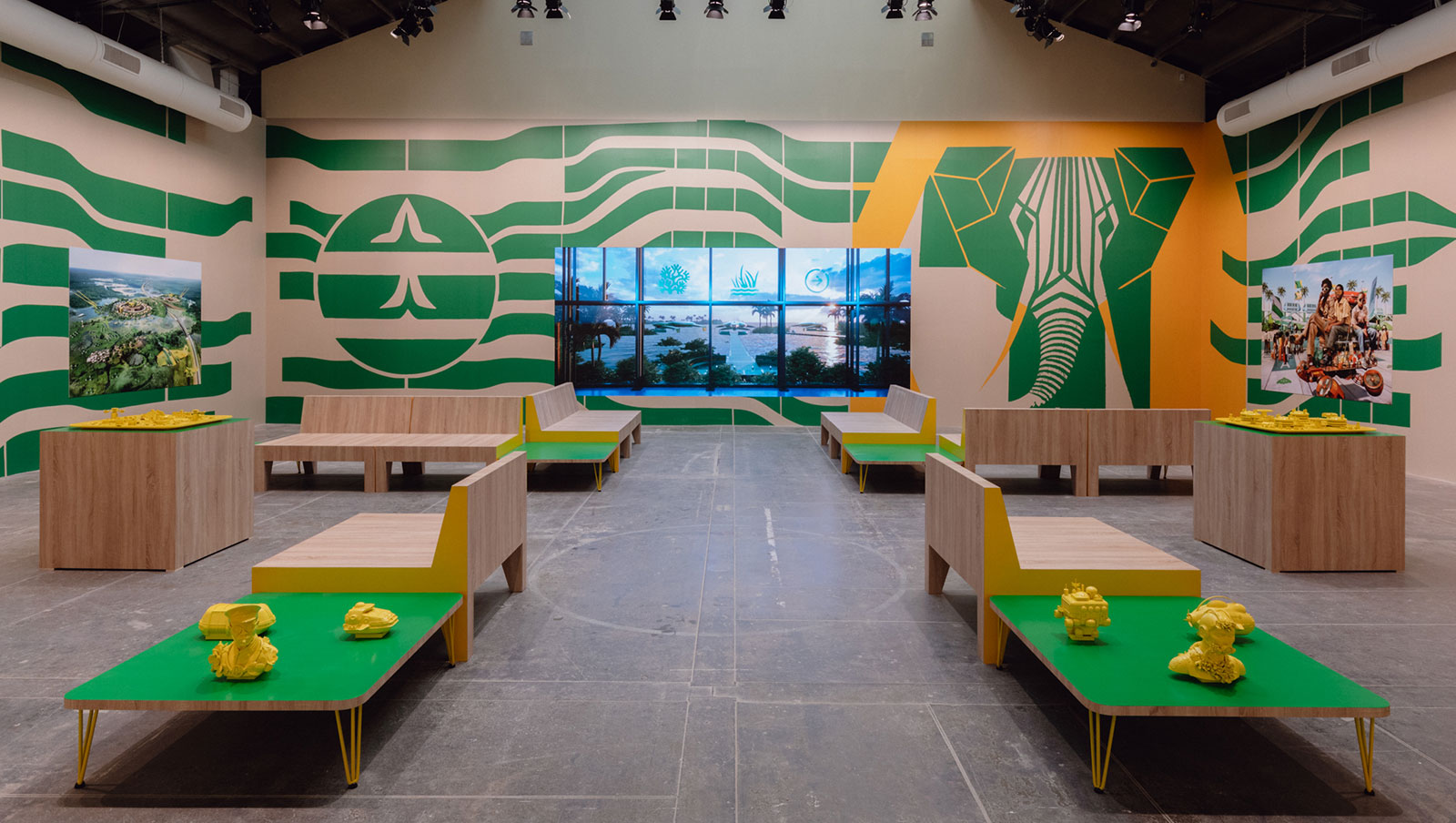
Olalekan Jeyifous' 'ACE/AAP' at The Laboratory of the Future, 2023 Venice Architecture Biennale
W*: The recognition comes as the culmination of an extremely busy couple of years for you – the logistics and conceptual work of planning the Venice Biennale and a new school... Looking back, how will you remember this time?
LL: I don't think I'll ever recover from it! The past two years have been of a kind of intensity that I think I just didn't see coming. You're absolutely right to talk about the organisational and logistical side of it because for me, way beyond the conceptual and creative side, it was the logistics and the organisation that nearly killed me. It made me keenly aware of the 'back-of-house' of architecture, which is the stuff that very few of us actually see. Every new thing takes energy and commitment that I just never fully understood or appreciated before.
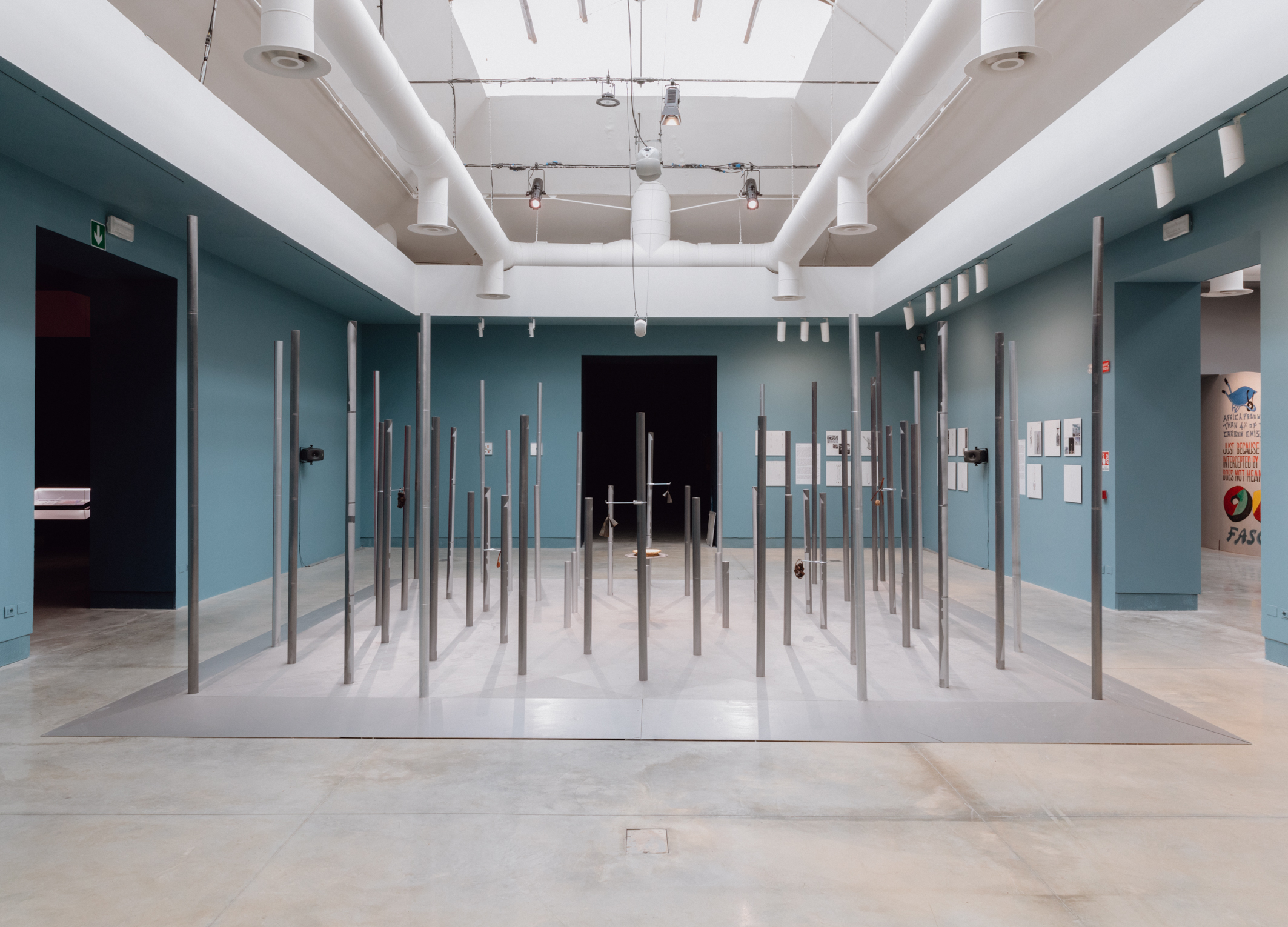
Sumayya Vally and Moad Musbahi's 'The African Post Office' at The Laboratory of the Future, 2023 Venice Architecture Biennale
W*: What have you learned? It could be something you’d now know to do differently or something you unexpectedly discovered and celebrated.
LL: The net result of having done all of this is overwhelmingly positive. I seem to remember my father saying: 'You will have to work twice as hard, just to keep up.' The question of labour, gender and race, I think, has been a really interesting three-way triangle for me for all of my work life. It's not just about the amount of hours one has to put in, it's about one's kind of cultural relationships, to labour as a Black woman. You are expected to be resilient, to have a forbearance. What I've learned is that to resist that, you have to be quite selfish. You have to have the ability to say no and that is often also counter to the way that you've been cultured or raised. I think another thing my father said was to always be polite, be nice, be friendly.

Arinjoy Sen's 'Bengali Song' at The Laboratory of the Future, 2023 Venice Architecture Biennale
W*: And do things seem to be slowing down now?
LL: It's been three years now since I started work on the school, and I’ve learned a huge amount. I've learned that it is almost impossible to build the kind of transformational culture which I'd always hoped the school would have, via Zoom. It's just not possible. The AFI was three months old when the biennale was announced. And so, resources just pivoted away from the setting up of a school, and now we're coming back to it – but in a very different way. And actually, what I really like to do is teach. What I've been doing over the past three years has been administrating and fundraising, being an HR manager and a finance manager, and almost everything except teaching. So in the next years, I'd like to get back into the classroom. And by the end of this year, we will also have announced a new set of programmes.
W*: What else is on your mind?
LL: I have one novel that I'm working on and it's coming out later this year. It's quite different from what I've written before. I'm very excited about it. Venice will feature, and there will be a death.
Ellie Stathaki is the Architecture & Environment Director at Wallpaper*. She trained as an architect at the Aristotle University of Thessaloniki in Greece and studied architectural history at the Bartlett in London. Now an established journalist, she has been a member of the Wallpaper* team since 2006, visiting buildings across the globe and interviewing leading architects such as Tadao Ando and Rem Koolhaas. Ellie has also taken part in judging panels, moderated events, curated shows and contributed in books, such as The Contemporary House (Thames & Hudson, 2018), Glenn Sestig Architecture Diary (2020) and House London (2022).
-
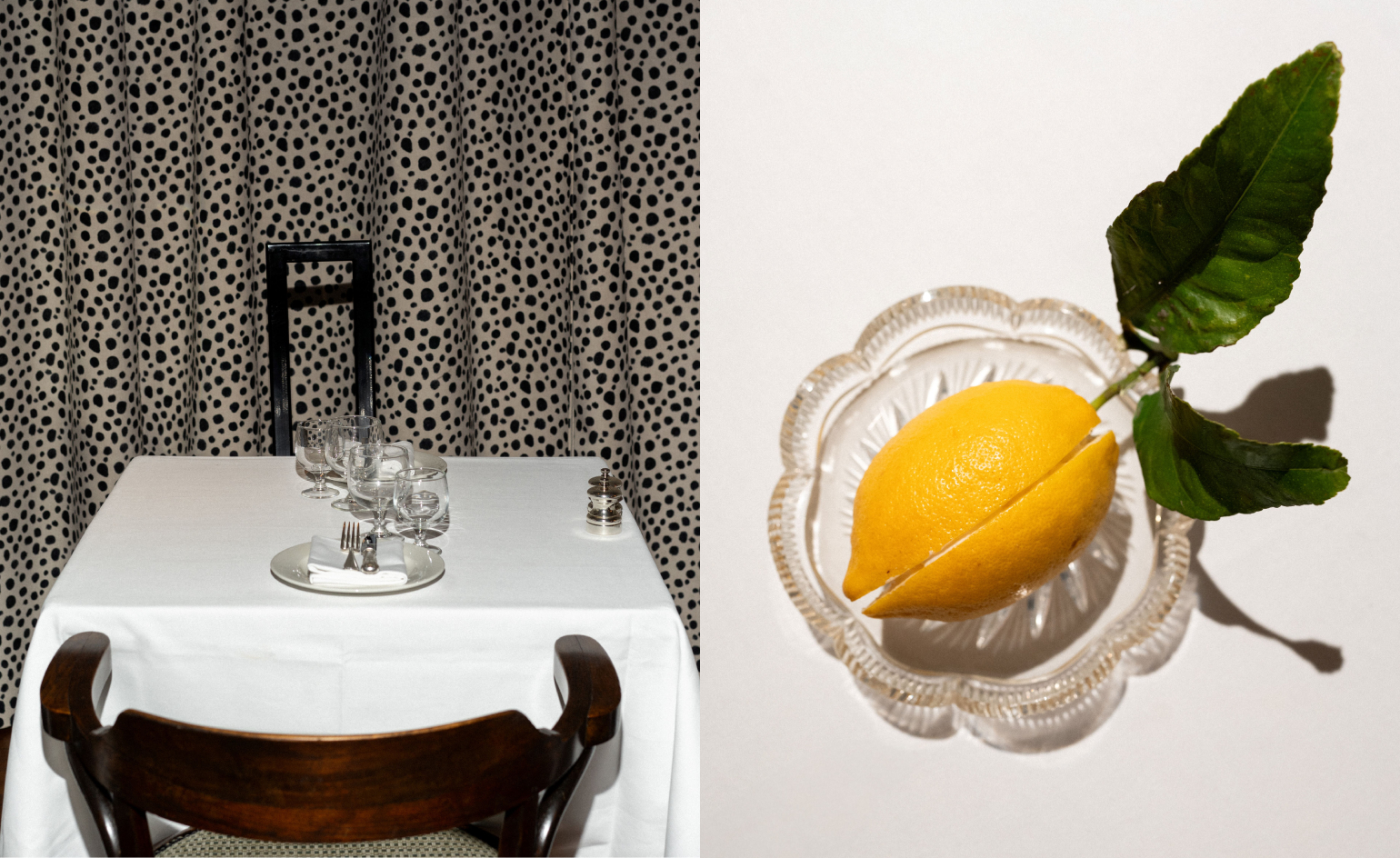 Marylebone restaurant Nina turns up the volume on Italian dining
Marylebone restaurant Nina turns up the volume on Italian diningAt Nina, don’t expect a view of the Amalfi Coast. Do expect pasta, leopard print and industrial chic
By Sofia de la Cruz
-
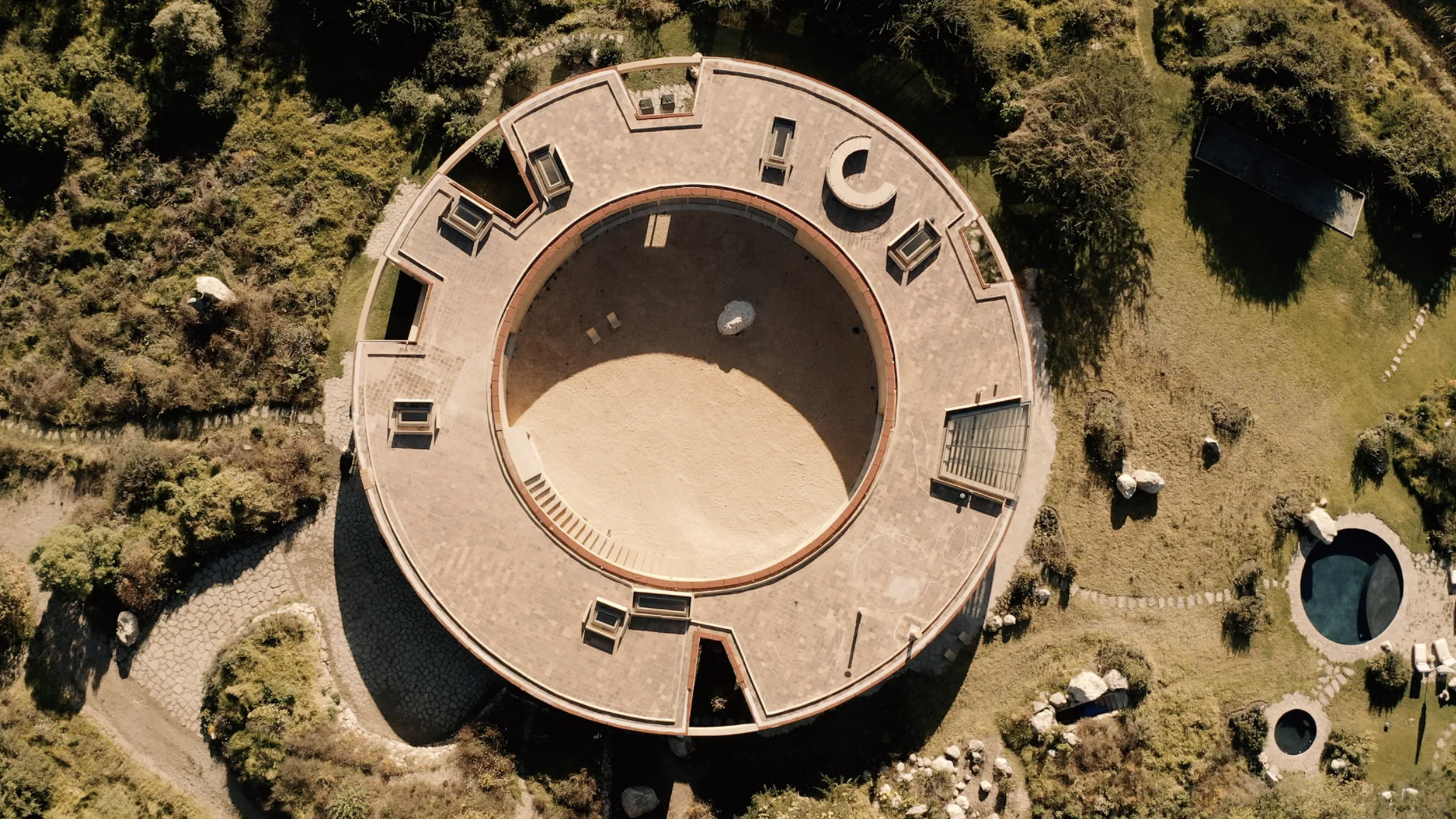 Tour the wonderful homes of ‘Casa Mexicana’, an ode to residential architecture in Mexico
Tour the wonderful homes of ‘Casa Mexicana’, an ode to residential architecture in Mexico‘Casa Mexicana’ is a new book celebrating the country’s residential architecture, highlighting its influence across the world
By Ellie Stathaki
-
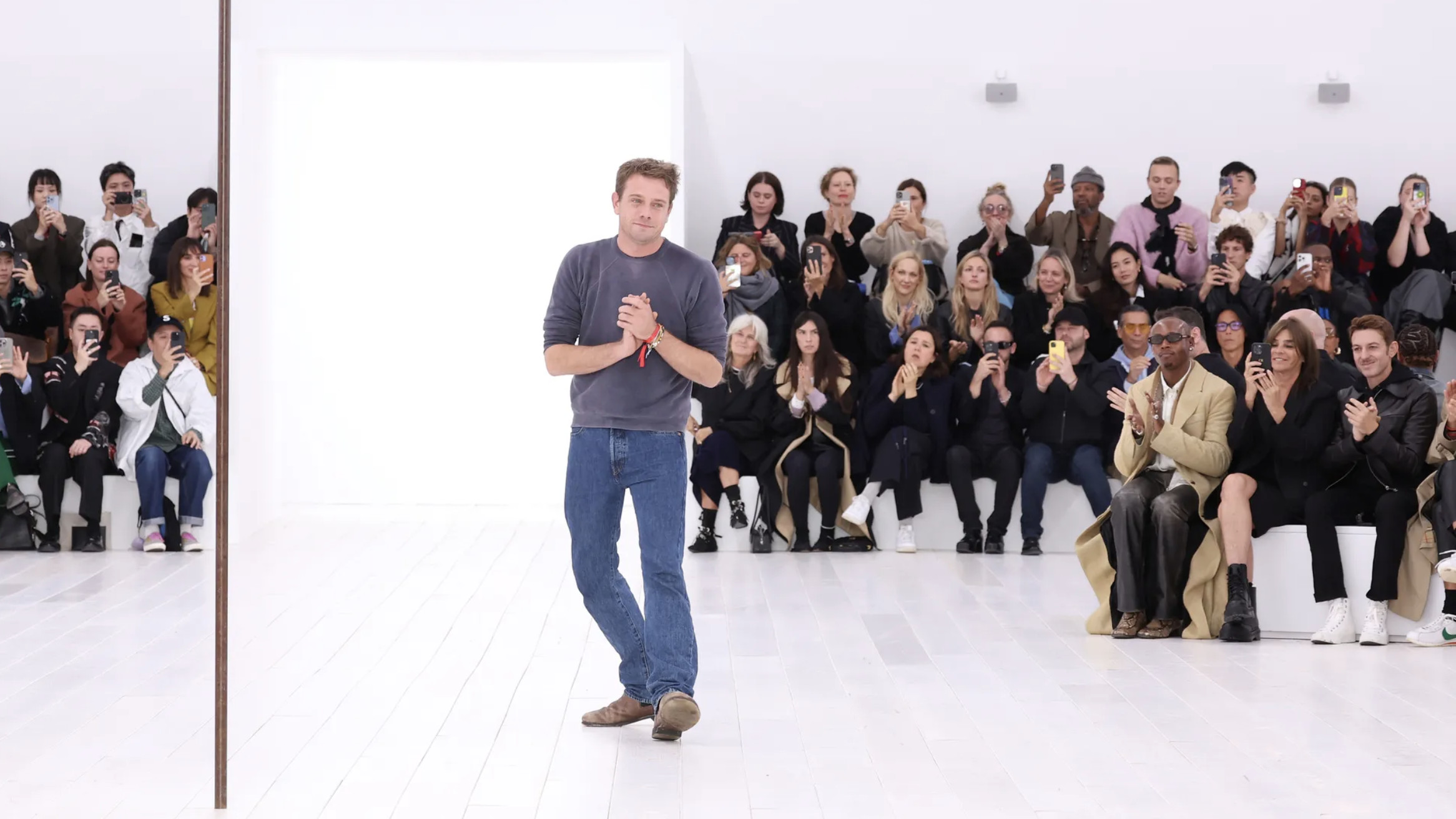 Jonathan Anderson is heading to Dior Men
Jonathan Anderson is heading to Dior MenAfter months of speculation, it has been confirmed this morning that Jonathan Anderson, who left Loewe earlier this year, is the successor to Kim Jones at Dior Men
By Jack Moss
-
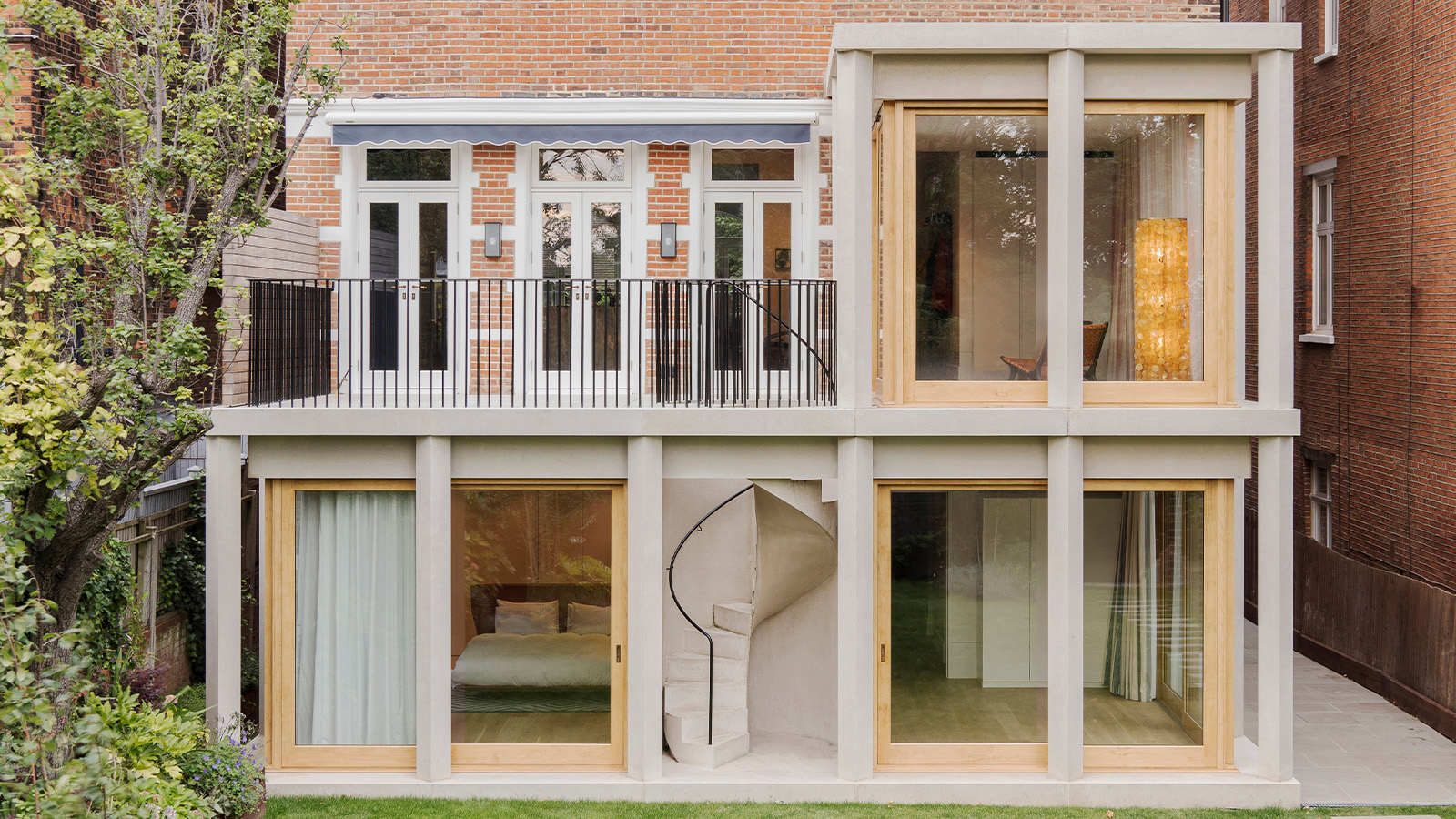 This 19th-century Hampstead house has a raw concrete staircase at its heart
This 19th-century Hampstead house has a raw concrete staircase at its heartThis Hampstead house, designed by Pinzauer and titled Maresfield Gardens, is a London home blending new design and traditional details
By Tianna Williams
-
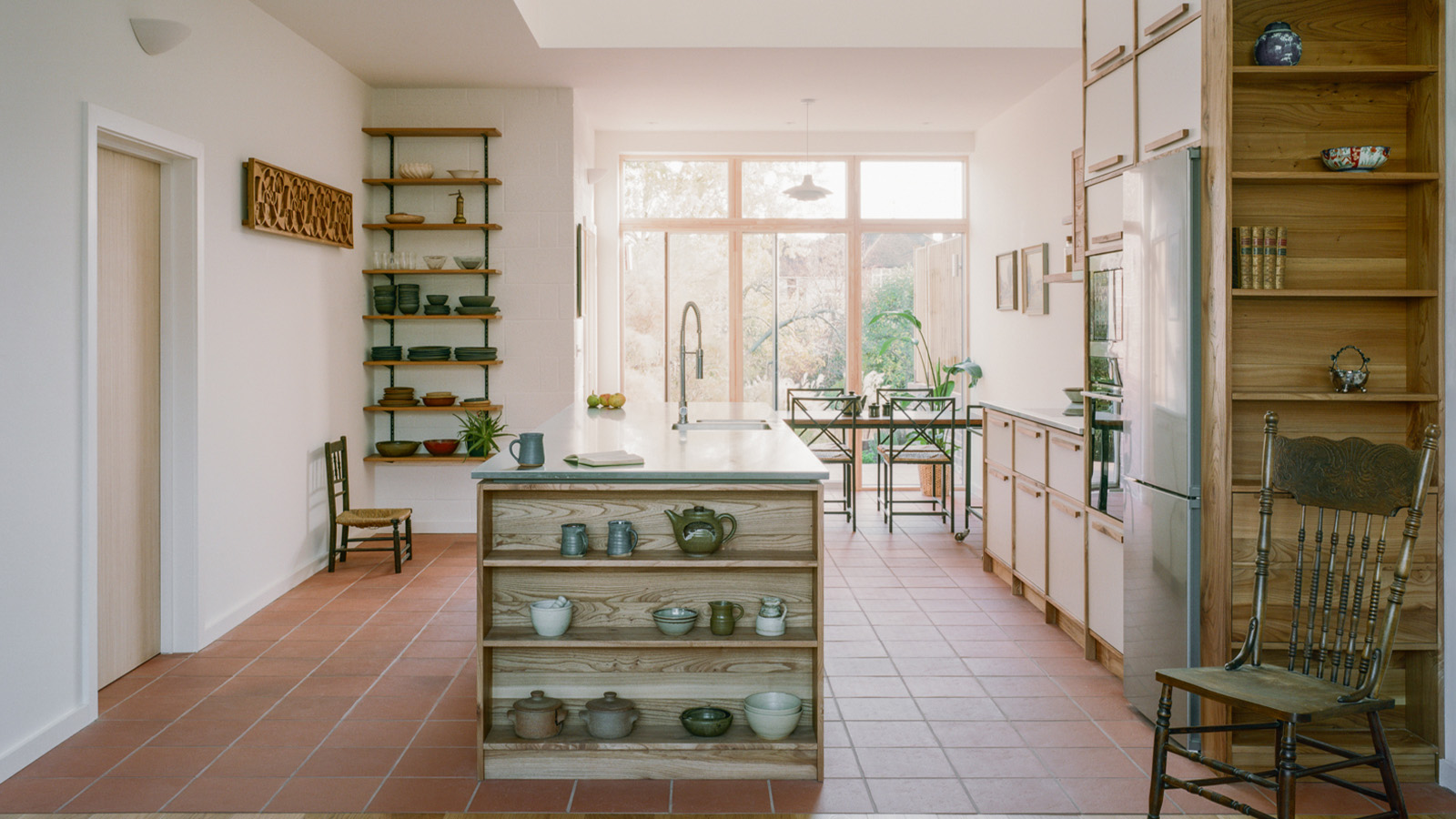 An octogenarian’s north London home is bold with utilitarian authenticity
An octogenarian’s north London home is bold with utilitarian authenticityWoodbury residence is a north London home by Of Architecture, inspired by 20th-century design and rooted in functionality
By Tianna Williams
-
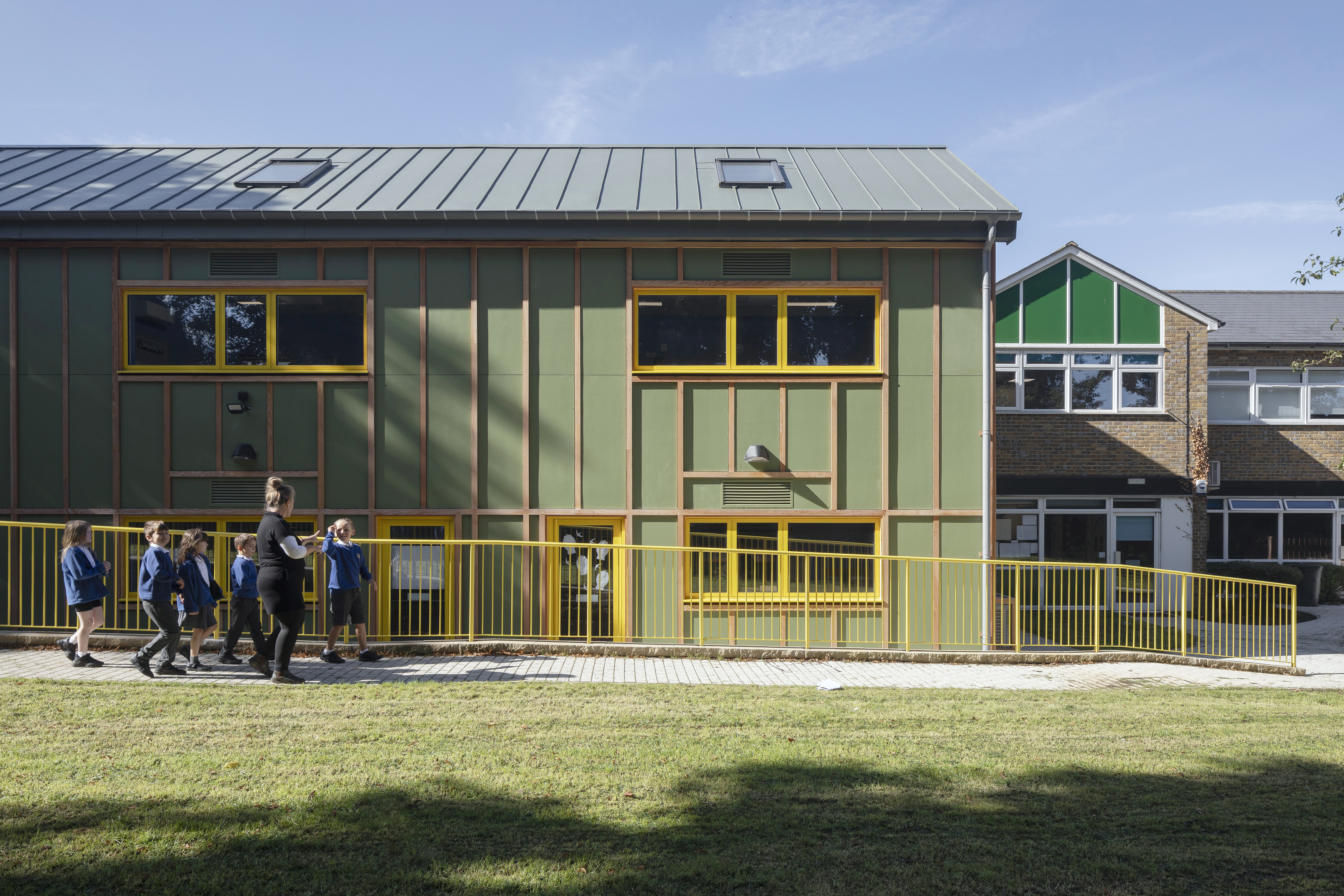 What is DeafSpace and how can it enhance architecture for everyone?
What is DeafSpace and how can it enhance architecture for everyone?DeafSpace learnings can help create profoundly sense-centric architecture; why shouldn't groundbreaking designs also be inclusive?
By Teshome Douglas-Campbell
-
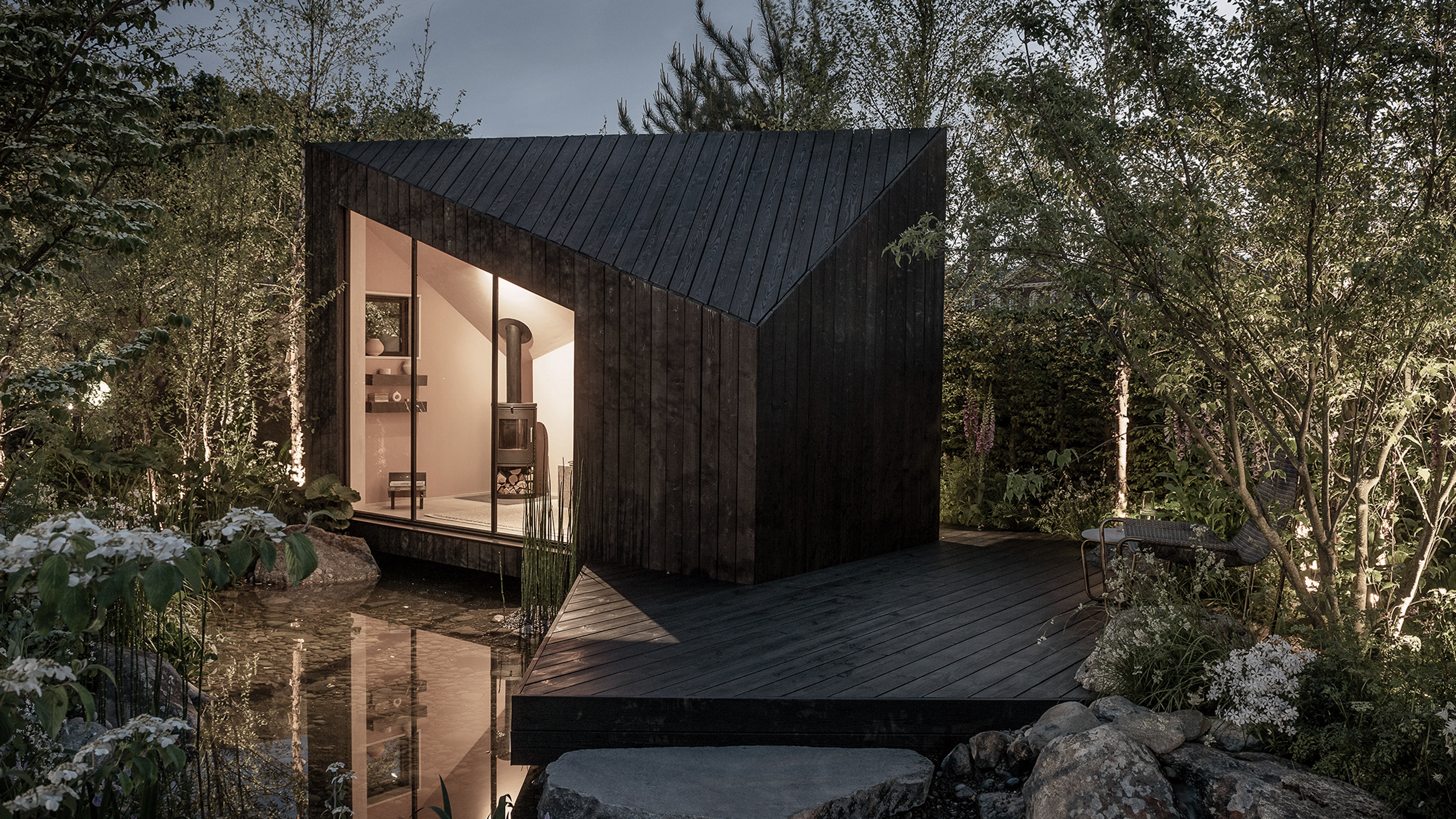 The dream of the flat-pack home continues with this elegant modular cabin design from Koto
The dream of the flat-pack home continues with this elegant modular cabin design from KotoThe Niwa modular cabin series by UK-based Koto architects offers a range of elegant retreats, designed for easy installation and a variety of uses
By Jonathan Bell
-
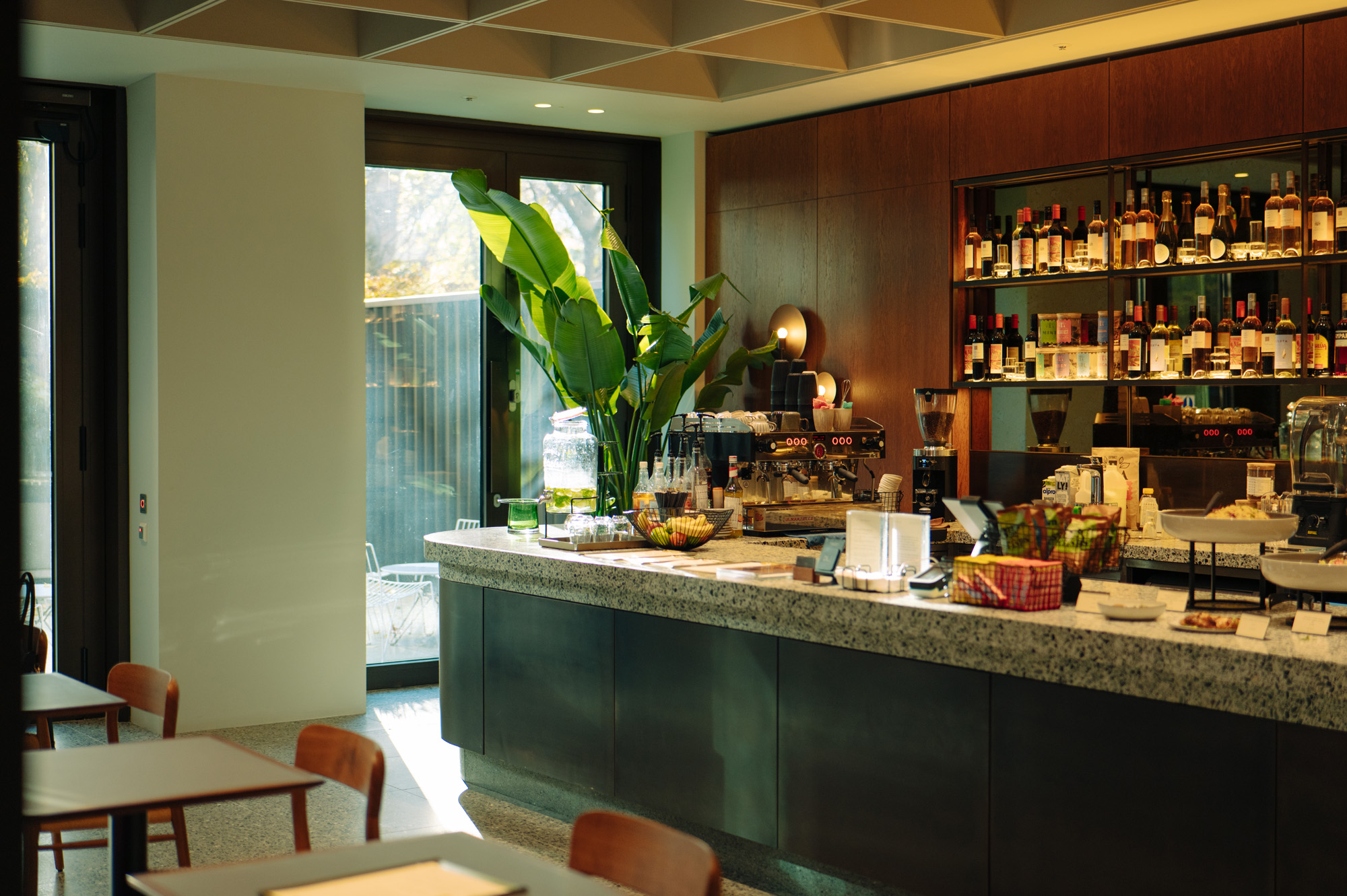 Are Derwent London's new lounges the future of workspace?
Are Derwent London's new lounges the future of workspace?Property developer Derwent London’s new lounges – created for tenants of its offices – work harder to promote community and connection for their users
By Emily Wright
-
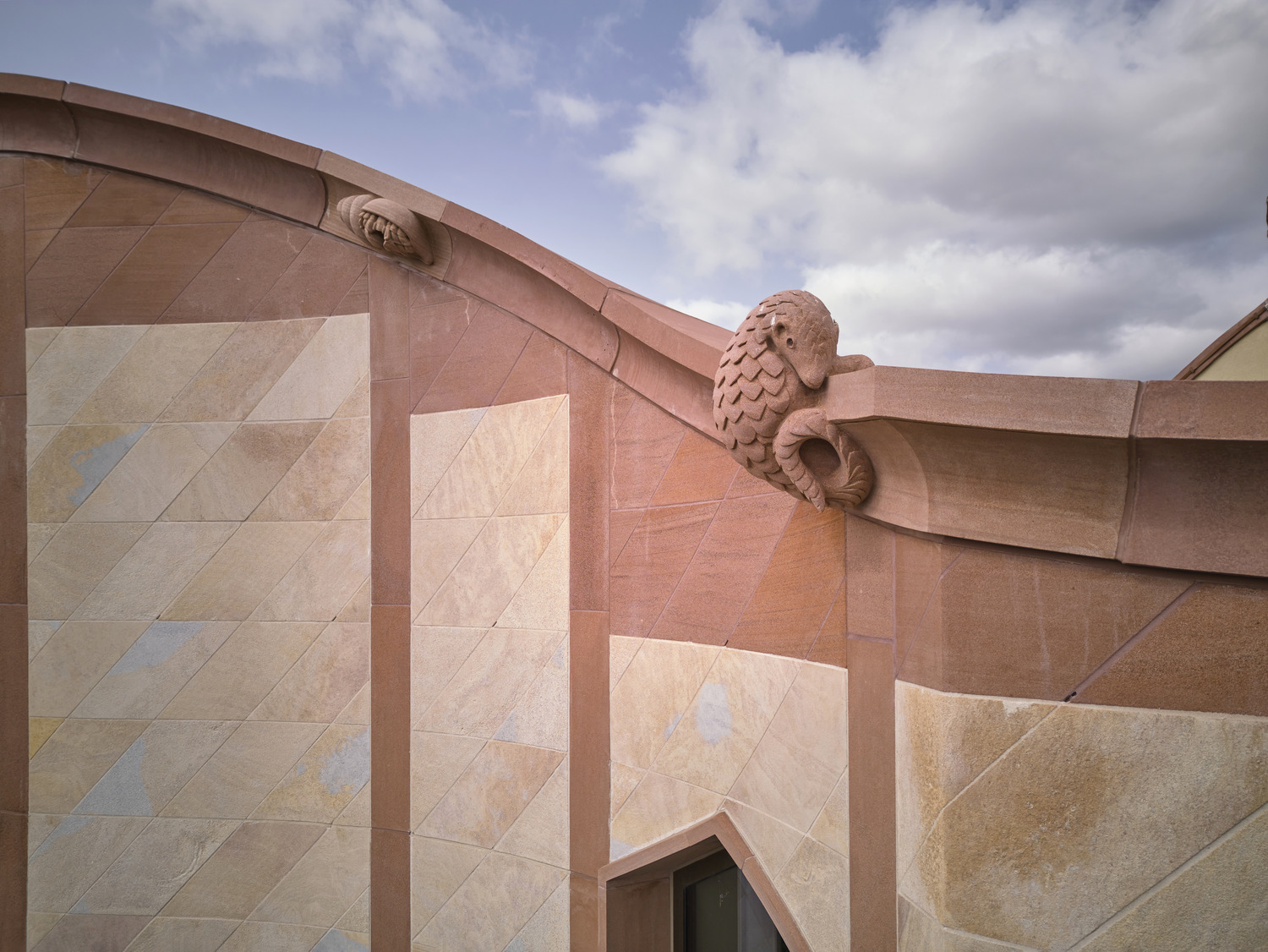 Showing off its gargoyles and curves, The Gradel Quadrangles opens in Oxford
Showing off its gargoyles and curves, The Gradel Quadrangles opens in OxfordThe Gradel Quadrangles, designed by David Kohn Architects, brings a touch of playfulness to Oxford through a modern interpretation of historical architecture
By Shawn Adams
-
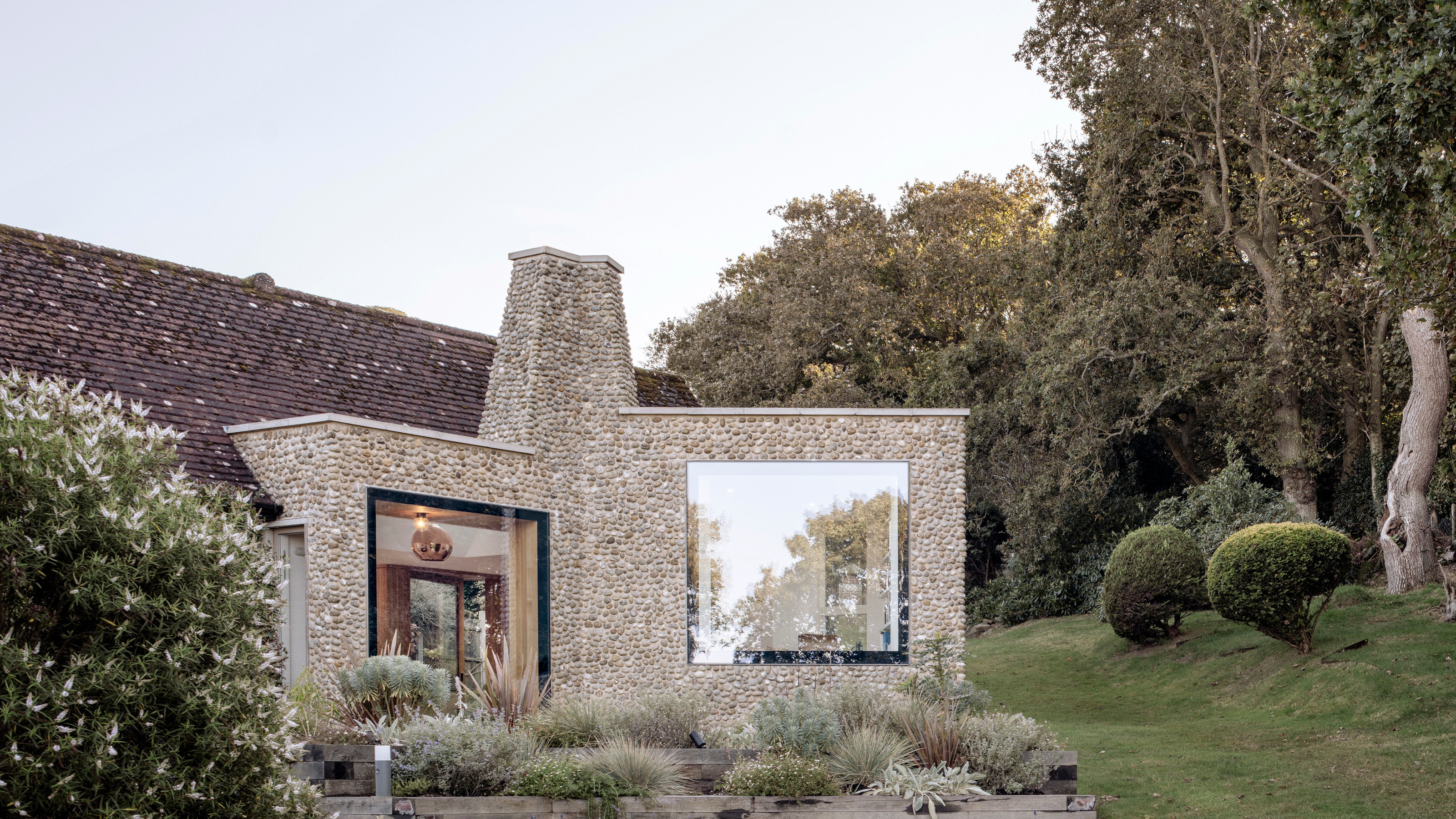 A Norfolk bungalow has been transformed through a deft sculptural remodelling
A Norfolk bungalow has been transformed through a deft sculptural remodellingNorth Sea East Wood is the radical overhaul of a Norfolk bungalow, designed to open up the property to sea and garden views
By Jonathan Bell
-
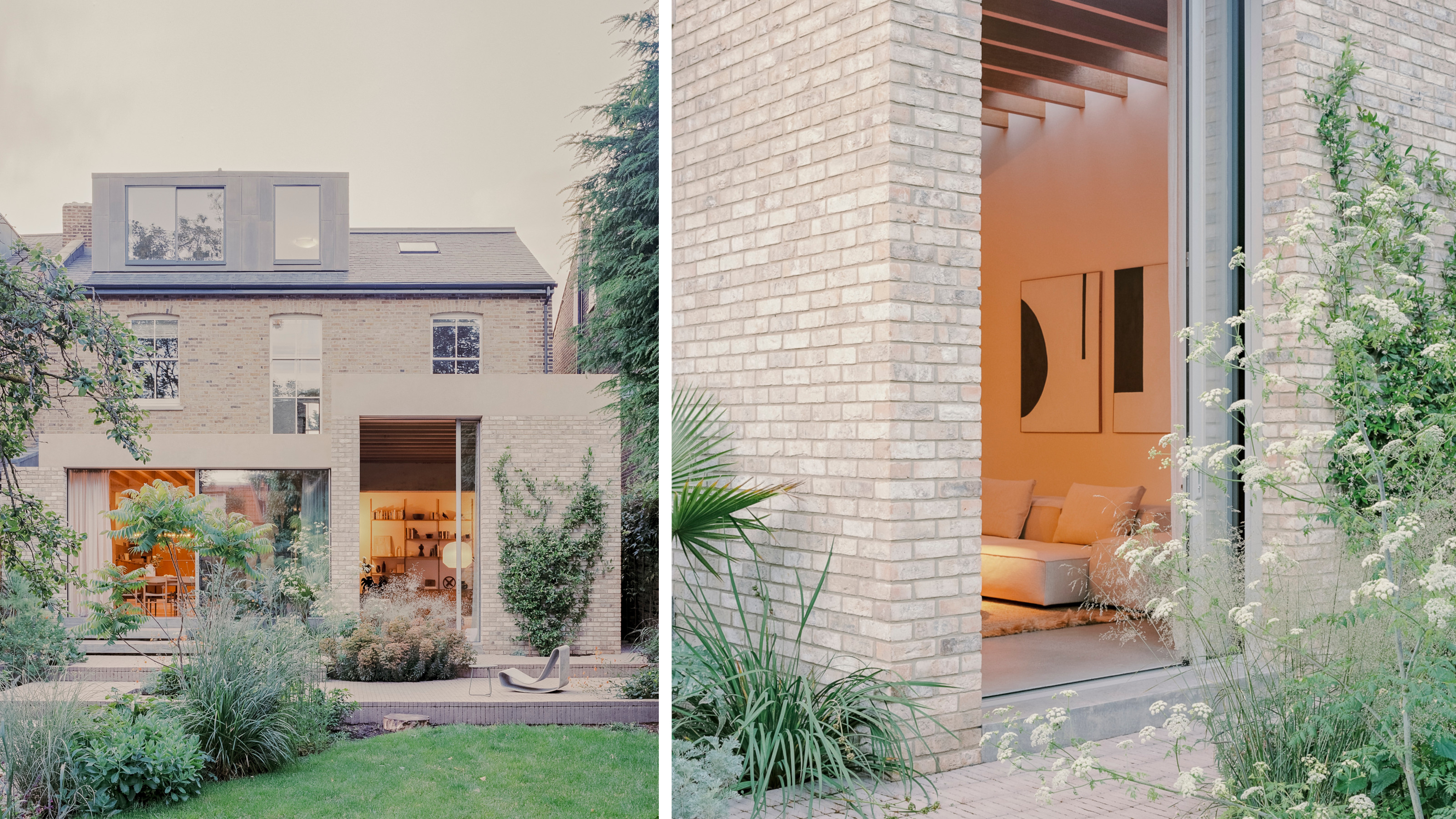 A new concrete extension opens up this Stoke Newington house to its garden
A new concrete extension opens up this Stoke Newington house to its gardenArchitects Bindloss Dawes' concrete extension has brought a considered material palette to this elegant Victorian family house
By Jonathan Bell